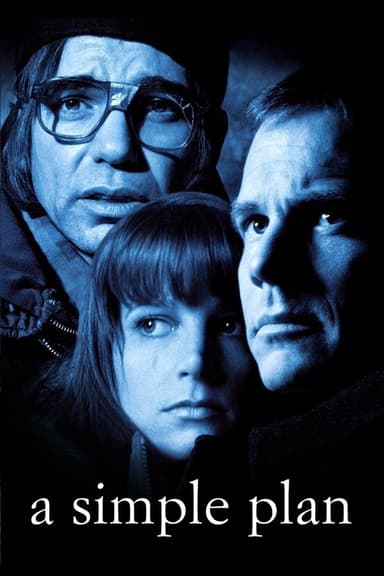
The Outsiders
1983 • Crime, Drama • PG
In 1960s Tulsa, class divisions ignite a violent rivalry between the working-class Greasers and the privileged Socs. When a deadly encounter forces two Greasers, Ponyboy and Johnny, to flee, their struggle for survival and redemption exposes the fragile innocence and enduring bonds of youth on the wrong side of town.
Runtime: 1h 31m
Why you should read the novel
Reading S. E. Hinton's The Outsiders immerses you directly into the complex world of Ponyboy Curtis and the greasers, offering a detailed look at their inner thoughts and emotional struggles. The novel’s vivid first-person perspective gives readers a deeper understanding of the characters’ motivations, fears, and hopes—much of which is understated or only hinted at in the film adaptation. Rich with thoughtful passages and subtle insights, the book allows you to form personal interpretations, connect more intimately with the characters, and witness the story on your own terms.
Unlike the movie, the novel provides nuanced exploration of themes such as family, identity, and the consequences of violence. The depth of character development and the emphasis on individual growth are powerfully conveyed through Hinton’s prose, offering a more fulfilling emotional journey. By reading the book, you gain access to layers of meaning that often get lost in visual storytelling.
Diving into the source novel also allows readers to appreciate Hinton’s groundbreaking achievement—at only sixteen, she captured the voice of a generation. Experiencing her original work not only honors her literary impact but also enriches your understanding of why The Outsiders continues to resonate with readers decades later.
Adaptation differences
One significant difference between The Outsiders book and the 1983 film adaptation lies in the storytelling form. The novel is told entirely from Ponyboy’s first-person perspective, which means readers are privy to his innermost thoughts and reflections on the events, other characters, and deeper themes. The film, by necessity, shifts to a third-person visual narrative, so much of Ponyboy’s internal monologue is presented through dialogue or omitted altogether, leading to a subtly different emotional atmosphere and less direct engagement with his outlook.
The movie condenses and alters several events to accommodate the runtime and pacing. Key scenes from the book, especially those that delve into Ponyboy's thoughts or lesser-known subplots involving secondary characters, are either shortened or omitted in the film. For instance, interactions that explore Soda’s feelings or the broader consequences of the Curtises’ family dynamics are less developed onscreen, making some character arcs feel less complete compared to the novel.
Additionally, the adaptation modifies the portrayal and development of central themes. While the book intricately weaves in discussions about social class, the futility of violence, and the yearning for belonging, the film in some cases simplifies or dramatizes these issues for cinematic effect. This can lead to a more direct and sometimes less nuanced presentation of the greaser-Soc rivalry and the personal transformations the characters undergo.
Notably, certain moments, such as the poetic references to Robert Frost’s “Nothing Gold Can Stay,” carry more thematic weight in the book due to their elaboration through Ponyboy’s narration. The film includes these elements, but their importance can be lessened by the lack of direct commentary. Overall, while the movie is faithful in many respects, experiencing the novel provides unique insights, richer context, and a more thorough understanding of its enduring message.
The Outsiders inspired from
The Outsiders
by S. E. Hinton


